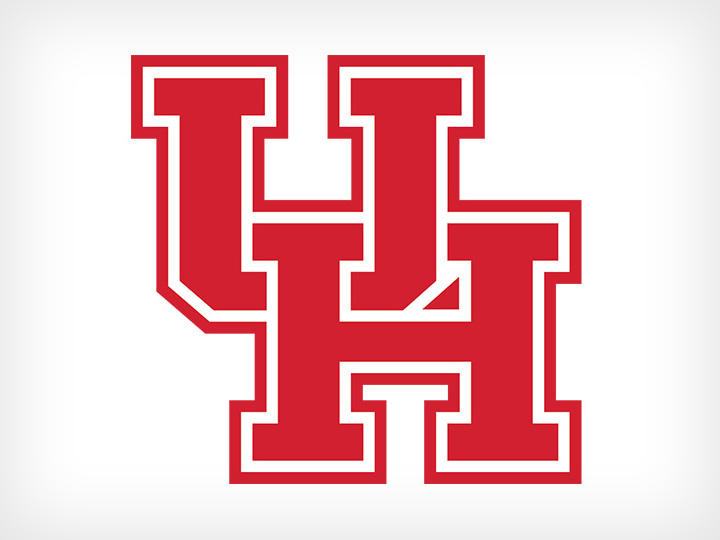[Defense] Machine Learning-Augmented DAG-Based BFT Consensus: GNN and RL-Driven Approaches for Adaptive, Scalable, and Fault-Tolerant Protocols
Monday, June 30, 2025
10:00 am - 12:00 pm
Nour Dialo
will defend his dissertation
Machine Learning-Augmented DAG-Based BFT Consensus: GNN and RL-Driven Approaches for Adaptive, Scalable, and Fault-Tolerant Protocols
Abstract
Learning-Augmented DAG-Based Byzantine Consensus via Graph Neural Inference and Reinforcement Scheduling DAG-based Byzantine Fault Tolerant (BFT) consensus protocols offer scalability through asynchronous propagation and parallel block proposals within a causally ordered structure. Protocols like Narwhal, Bullshark, and Shoal++ decouple data availability from ordering to support high-throughput operations, but rely on static protocol parameters鈥攕uch as quorum thresholds and proposer schedules鈥攖hat hinder adaptability under dynamic workloads, network variability, and adversarial conditions. This thesis presents a dual-framework approach that integrates machine learning into DAG-based BFT consensus to improve adaptability, structural awareness, and resilience. The first framework, DAGWise, employs Graph Neural Networks (GNNs) and Structural Equation Models (SEMs) over local DAG views to infer causal relationships among validators, enabling structure-aware leader scoring and adaptive message prioritization. The second, AdaptiveDAG, formulates consensus parameter tuning as a decentralized multi-agent reinforcement learning problem. Validators run localized Proximal Policy Optimization (PPO) agents that adjust proposal timing, gossip rates, and quorum thresholds based on real-time DAG dynamics such as fork rates and propagation delays. These learning mechanisms operate without modifying core BFT safety logic, maintaining quorum validity and commit consistency. Combined, DAGWise and AdaptiveDAG form a machine learning-augmented consensus stack that enhances responsiveness to workload shifts and Byzantine behaviors. This thesis establishes a principled framework for augmenting DAG-BFT protocols with GNN-based inference and RL-driven adaptation, offering a foundation for self-optimizing and robust consensus in evolving decentralized ledger environments.
10:00 AM - 12:00 PM
Dr. Weidong (Larry) Shi, dissertation advisor
- Sponsor
- Department of Computer Science
